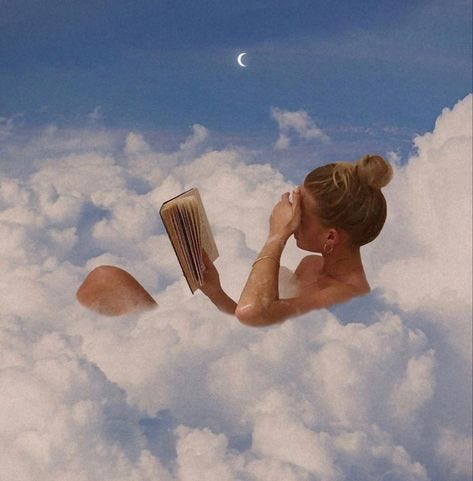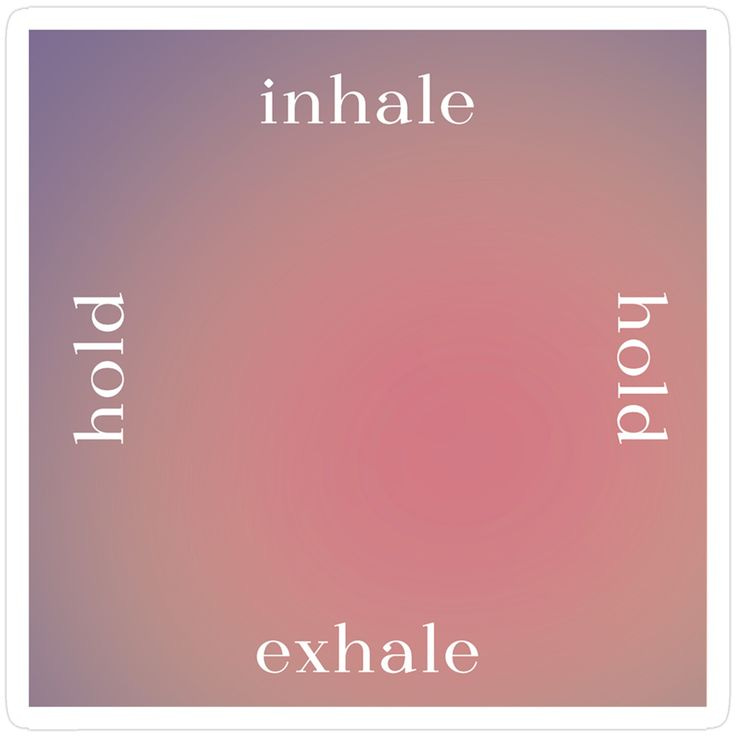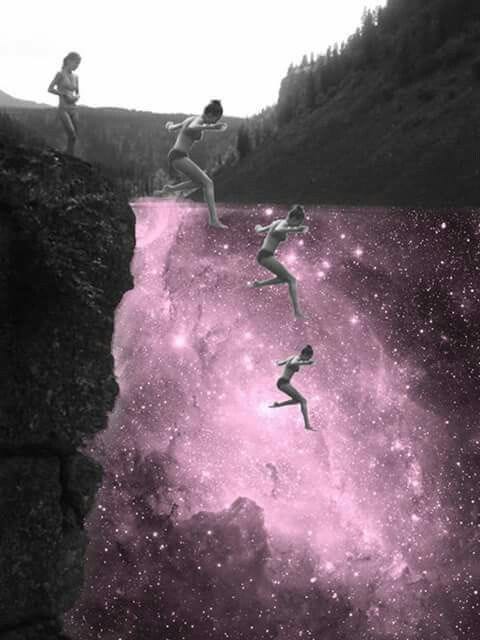This is the space I post each new and full moon— bimonthly check-ins with writing as practice. Read below for a poem, prompts and practices to hook you back into your work if you’ve strayed, no judgment ;).
🌑 🌑 🌑
Hey look! There was a new moon yesterday — if you feel wonky, blame it on that.
The metaphor of the new moon is inward-looking. It reminds us we don’t have to be constantly producing or constantly on. We can plant seeds, rest. Amen amen.
As is my practice, I’m offering up a poem below…some prompts and a breathing practice. I’m also curious how we can pull the calendar out and use this new moon as a reset to stay more connected to creative work.
Instead of letting your hours bleed together in a blur of demands, what if you chunked it?
Lately I’ve had to reorient my calendar and protect my writing time by chunking it out—I can’t seem to switch gears easily from the admin or teaching brain into creativity mode, so I’m creating blocks of time for creative work. It’s helping.
Chunking your time means choosing what gets your energy and when. It’s about using time so it doesn’t use you…gah.
It’s putting gentle boundaries around your creativity, your rest, your work.
It’s realizing you don’t have to be available to everyone all the time — you get to choose when you are open, when you are off, and when you are simply being.
This new moon, ask yourself:
How can I chunk out / block out my calendar? Time is energy.
What do I want to give my full attention to — and when?
How can I honor my energy, instead of scattering it?
Scroll down for my virtual gift xxxx.
A POEM:
First Light
-Chen Chen
I like to say we left at first light
with Chairman Mao himself chasing us in a police car,
my father fighting him off with firecrackers,
even though Mao was already over a decade
dead, & my mother says all my father did
during the Cultural Revolution was teach math,
which he was not qualified to teach, & swim & sunbathe
around Piano Island, a place I never read about
in my American textbooks, a place everybody in the family
says they took me to, & that I loved.
What is it, to remember nothing, of what one loved?
To have forgotten the faces one first kissed?
They ask if I remember them, the aunts, the uncles,
& I say Yes it’s coming back, I say Of course,
when it’s No not at all, because when I last saw them
I was three, & the China of my first three years
is largely make-believe, my vast invented country,
my dream before I knew the word “dream,”
my father’s martial arts films plus a teaspoon-taste
of history. I like to say we left at first light,
we had to, my parents had been unmasked as the famous
kung fu crime-fighting couple of the Southern provinces,
& the Hong Kong mafia was after us. I like to say
we were helped by a handsome mysterious Northerner,
who turned out himself to be a kung fu master.
I don’t like to say, I don’t remember crying.
No embracing in the airport, sobbing. I don’t remember
feeling bad, leaving China.
I like to say we left at first light, we snuck off
on some secret adventure, while the others were
still sleeping, still blanketed, warm
in their memories of us.
What do I remember of crying? When my mother slapped me
for being dirty, diseased, led astray by Western devils,
a dirty, bad son, I cried, thirteen, already too old,
too male for crying. When my father said Get out,
never come back, I cried & ran, threw myself into night.
Then returned, at first light, I don’t remember exactly
why, or what exactly came next. One memory claims
my mother rushed into the pink dawn bright
to see what had happened, reaching toward me with her hands,
& I wanted to say No. Don’t touch me.
Another memory insists the front door had simply been left
unlocked, & I slipped right through, found my room,
my bed, which felt somehow smaller, & fell asleep, for hours,
before my mother (anybody) seemed to notice.
I’m not certain which is the correct version, but what stays with me
is the leaving, the cry, the country splintering.
It’s been another five years since my mother has seen her sisters,
her own mother, who recently had a stroke, who has trouble
recalling who, why. I feel awful, my mother says,
not going back at once to see her. But too much is happening here.
Here, she says, as though it’s the most difficult,
least forgivable English word.
What would my mother say, if she were the one writing?
How would her voice sound? Which is really to ask, what is
my best guess, my invented, translated (Chinese-to-English,
English-to-English) mother’s voice? She might say:
We left at first light, we had to, the flight was early,
in early spring. Go, my mother urged, what are you doing,
waving at me, crying? Get on that plane before it leaves without you.
It was spring & I could smell it, despite the sterile glass
& metal of the airport—scent of my mother’s just-washed hair,
of the just-born flowers of fields we passed on the car ride over,
how I did not know those flowers were already
memory, how I thought I could smell them, boarding the plane,
the strange tunnel full of their aroma, their names
I once knew, & my mother’s long black hair—so impossible now.
Why did I never consider how different spring could smell, feel,
elsewhere? First light, last scent, lost
country. First & deepest severance that should have
prepared me for all others.
PROMPTS:
Answer the questions of the poem: What do I remember of crying?
And this one: What would my mother say, if she were the one writing?
Write of a first light—-a dawning.
A BREATH:
Box Breath! —-since we’re exploring CONTAINERS of time, let’s explore making a container of breath.
Box Breath gives clear, contained timing to each inhale, hold, exhale, and pause — just like chunking your time.
It creates a feeling of ownership and calm structure inside you.
It’s simple and resetting, perfect for a new moon, when you want to quietly realign.
Breathing Practice: Box Breath for the New Moon
Sit or lie down somewhere comfortable.
Gently close your eyes or soften your gaze.
Inhale through your nose for a count of 4.
Hold your breath at the top for 4.
Exhale slowly through your mouth for 4.
Hold empty for 4.
Repeat this cycle for 2–5 minutes, imagining each side of the “box” strengthening your sense of self and spaciousness.
Optional visualization:
As you breathe, imagine you are drawing the edges of a box — a soft but strong container for your time, your energy, your dreams.
TWO UPCOMING CLASSES + AN EVENT:
Summer Equinox Writing Ritual: ONLINE and donation-based. June 20th, 7-8:30 PM EST. Come one, come all—-we meet for meditation, generative writing and a moment in community to check in with our creative work, and reset if needed. This is always a beautiful group, a ritual, and a chance to start again.
The Portal: A Summer Program of Writing + Healing for Women Creatives: ONLINE— 10-weeks. Starts July 8th. Past participants went on to publish in Vogue, the New York Times, get into MFAs and wrote in new genres. This is a program of process and product. We workshop, talk craft, publishing and also care for the artist—-think, holistic writing practice. This course also includes guest teachers and one-on-one coaching.
Writing the New York Times Essay: ONLINE. 6-weeks. Starts October 7th. The title says it all. Students have gone on to publish NYTimes Modern Love, Tiny Love, Letter of Rec pieces and placed other pieces in the LATimes, too. We focus on the essay—-you’ll get feedback, learn your own essay writing strengths and weaknesses and will learn best practices for submitting.
STUDENT PORTFOLIO:
It’s growing! Work in the NYTimes, LATimes, Huff Post and more. Lookie here. xx. Dive in.







